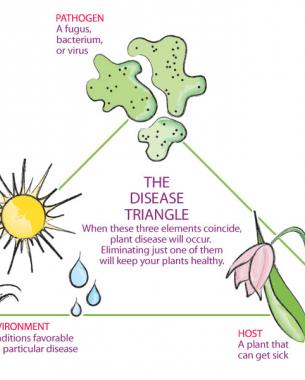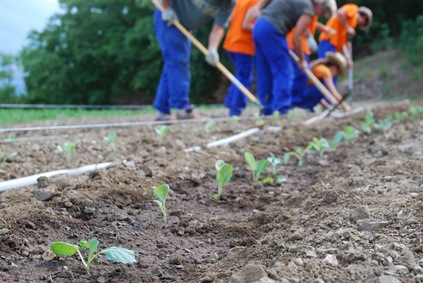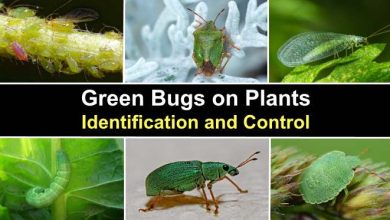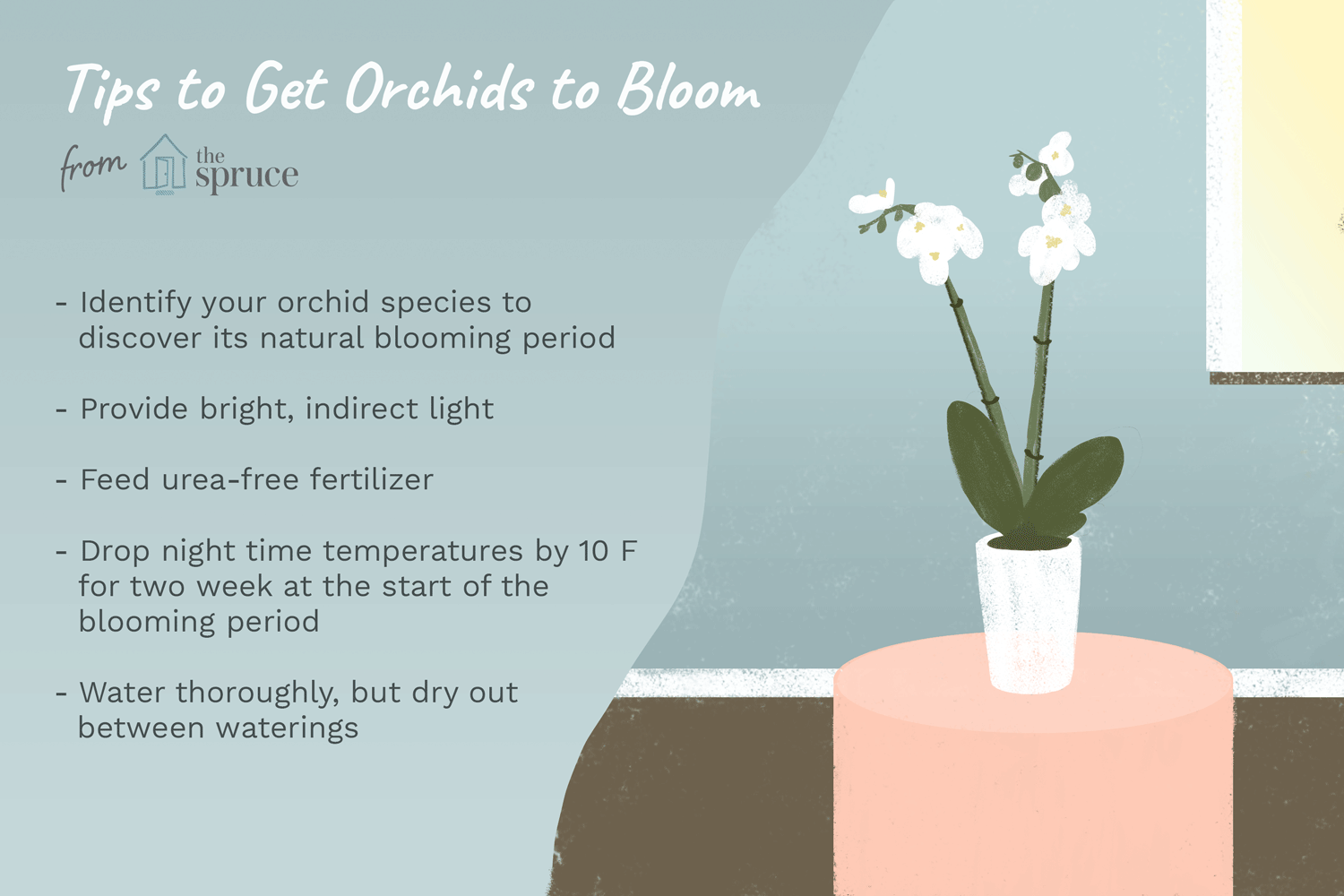Good practices in municipal gardens: what can’t I do?

Every time we have more municipal orchards. In the article « Regulations of the Madrid City Council for urban orchards » we briefly explained what the process of granting these plots consisted of, extracted from the corresponding document of the Official Gazette of the Madrid City Council, which you can consult here: Pliego Huertos Urbanos Madrid.
Annex III of that document lists a series of good practices that garden users must comply with in order to use it and that we will present in this article.
Good practices in municipal urban gardens
- Organic farming will be practiced in municipal urban gardens, so the use of herbicides, fertilizers and plant protection products obtained by chemical synthesis is prohibited.
- The water used for irrigation must come exclusively from the Canal de Isabel II supply network. For reasons of public health, the storage and use of regenerated, recycled and/or rainwater is totally prohibited. In addition, special care will be taken in terms of water management in order to prevent it from becoming a source of pests such as mosquitoes, wasps or rodents.
- To ensure a sustainable and efficient use of water, the irrigation network of the municipal urban garden must install, at least, the following elements:
– A buried chest to house the irrigation head connected to the Canal de Isabel II connection.
– An irrigation head with a general cut-off key, solenoid valves and an autonomous battery-powered electronic programmer, although it may also have another series of elements that the association may consider necessary, such as a filter or a volumetric meter.
– Irrigation pipe with integrated or external drippers, exuding pipe or similar, since another less efficient irrigation system in terms of application or use of energy such as perforated hoses, micro-sprinklers, sprinklers or flooders is not allowed. However, exceptionally, hose irrigation may be used as a complement at certain times of the crop. Both the installations and the correct use of the irrigation network may be supervised when deemed appropriate by municipal technicians.
- Waste from plant remains generated in municipal gardens must be composted on site. It is not allowed to burn them or store them in empty land, common areas or other adjoining spaces. Any other different waste that may have been generated in the activity of the orchard must be separated and deposited in the municipal containers that will be provided by the Madrid City Council.
- When using natural organic fertilizers (manure), care must be taken not to introduce animal parasites (for example, fleas).

- The access of domestic animals to municipal orchards, including stray animals, will be controlled in order to eliminate the risks of contamination of the plants and the soil and the generation of situations that may give rise to the appearance of pests. In this case, the Pest Management Unit of the Madrid City Council will be notified immediately if there is any evidence or suspicion of the presence of pests in the urban garden area.
- The association must ensure that the people who access the orchard behave appropriately and in accordance with the aims and objectives of the program.
What things are prohibited in municipal gardens?
The use of the municipal orchards is intended exclusively for the establishment of vegetable crops, ornamental and aromatic plants and fruit trees. Thus, it is expressly prohibited:
- The modification of the structure of the plot or the occupation of land beyond those that have been designated.
- The accumulation or abandonment of any material foreign to the function of the orchard that may alter its aesthetics.
- The construction of any permanent work or other elements that may negatively affect the urban landscape. Only self-supporting structures that do not require a foundation and are easy to disassemble will be allowed. The only furniture authorized to serve the orchards will consist of: seedbeds, composting bins, small greenhouses, tool sheds, tables, benches, and other similar furniture that provides service to the tasks of the orchard and to coexistence in it.
- The use of fire in orchards, including the burning of stubble or vegetable remains, as mentioned above, not even in drums, barbecues or any other authorized object. The use of fire for cooking including portable barbecues, gas stoves or other types of facilities is also prohibited.
- The use of herbicides, fertilizers and phytosanitary products obtained by chemical synthesis.
- The cultivation of grass meadows and other herbaceous or horticultural species with high water requirements.
- The cultivation of illegal plants or plants that generate dangerous substances and/or potentially addictive substances.
- The use of transgenic seeds.
- The sale of products obtained in the orchard, which must be used exclusively for self-consumption or for the purposes of the associations’ corporate purpose.
- The overnight stay or residence in the orchard, whether temporary or permanent.
- The emission of noise that may cause inconvenience to the neighbors around the orchard.
- The possession, feeding, and raising of any type of animal in the orchards: dogs, cats, birds, rodents, insects, etc. Access will only be allowed, in an eventual and controlled manner, for pets.
Although these are the standards and guidelines of good practices that the Madrid City Council requires in its municipal gardens, most are applicable to other urban gardens, whether public or private, so if you are starting a project this is a good guide to write a regulation for the urban garden. I hope you have been interested in the article and that you send us your comments. Until next time Agrohuertistas!


![Photo of Mandarin Diseases: [Characteristics, Types, Detection and Treatment]](https://www.complete-gardening.com/wp-content/uploads/2022/08/mandarin-diseases-characteristics-types-detection-and-treatment-390x220.jpg)
![Photo of Onion Diseases: [Characteristics, Types, Detection and Treatment]](https://www.complete-gardening.com/wp-content/uploads/2022/08/onion-diseases-characteristics-types-detection-and-treatment-390x220.jpg)
